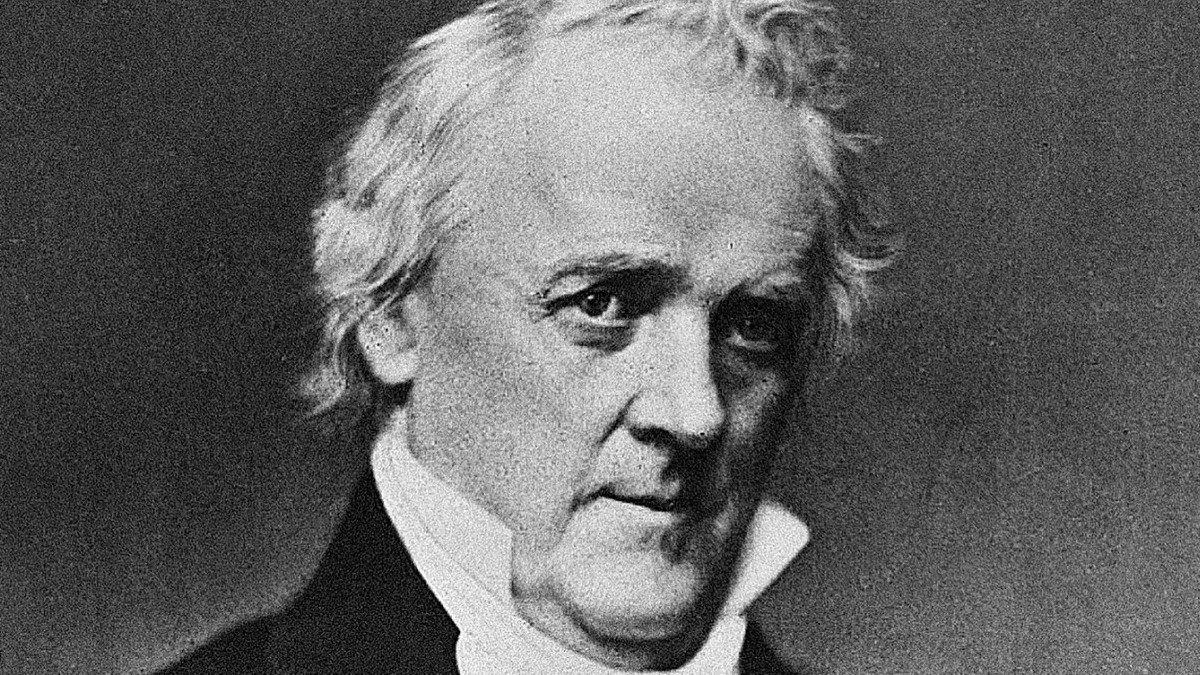Editor’s Note: This is part of a series of profiles taking a closer look at US presidents ahead of the 2024 presidential election between Donald Trump and Kamala Harris.
Some call James Buchanan the worst US president in history.
Many point the finger squarely at Buchanan for allowing the wounds of the north and south to fester into rot – which ultimately resulted in the US Civil War.
Buchanan also remains the only president to be elected from Pennsylvania and the sole occupant of the White House to remain a bachelor.
The US First Lady at the time was Buchanan’s niece Harriet Lane.
Let’s take a closer look at the 15th President of the United States.
Early years
Buchanan was born on April 23, 1791, near Pennsylvania’s Mercersburg.
His parents were James Buchanan – a shopkeeper – and Elizabeth Speer.
Both were of Scottish descent.
Buchanan attended Pennsylvania’s Dickinson College after which he studied law and opened up a practice.
Buchanan’s personal life remains a source of mystery.
In 1819, Buchanan got engaged to Anne C Coleman, who belonged to a well-off Pennsylvania family.
However, Buchanan, 28, called the relationship off.
Coleman passed away soon after in what was possibly a suicide.
Buchanan would stay single for the rest of his life.
Impact Shorts
More ShortsPolitics
Buchanan, who belonged to the Federalist Party, first served in the Pennsylvania State Legislature.
He was then elected to the US House of Representatives, where he was on the powerful House Judiciary Committee.
After the party dissolved, Buchanan closely aligned himself with the emerging Democratic Party and its star Andrew Jackson – whom he helped carry the state in 1828 and 1832.
Jackson rewarded Buchanan’s loyalty by appointing him the minister to Russia.
Buchanan, after returning from Russia, became a Senator from Pennsylvania in 1834.
He would serve three terms in the Senate where he chaired the Foreign Relations Committee.
Though Buchanan was eyeing the presidency in 1844 and made a run, the nomination went to James K Polk.
Polk, who won the presidency, would then appoint Buchanan as his Secretary of State in exchange for his support in Pennsylvania.
Buchanan’s time as Secretary of State under Polk – both believers in the concept of Manifest Destiny – saw America annex Texas and the breakout of the US-Mexico war.
In 1848, Buchanan yet again attempted to win the Democratic nomination but was denied. Afterwards, he returned to his home state.
In 1852, Buchanan made a third attempt to win the nomination.
This time, Buchanan was stymied by his rival Stephen Douglas.
Meanwhile, a dark horse by the name of Franklin Pierce emerged to win the nomination.
Though he would never forgive Douglas, in long run things worked out for Buchanan.
Pierce now tapped Buchanan as minister to Great Britain – a post he would hold from 1853 to 1856.
It was at this time that Buchanan and other foreign ministers drafted the Ostend Manifesto – which recommended that America seize Cuba from Spain.
Buchanan being away from the turmoil and turbulence in America during this period is what finally won him the Democratic nomination in 1856.
Buchanan would defeat Republican candidate John Frémont and finally achieve his long-awaited goal of becoming US president.
Time in office
Buchanan came into office with the United States bitterly divided and facing perhaps the most difficult question of the time – slavery.
He proved completely the wrong man for the moment.
At the time, the Supreme Court was considering the issue of slavery.
Specifically, whether the government could restrict slavery in the territories.
Buchanan, is a terrible breach of ethics, began corresponding with one of the Supreme Court justices – and got a hint about the impending decision.
Buchanan in his inauguration speech referred to the issue as “happily, a matter of but little practical importance” and that the court would resolve it “speedily and finally.”
Then, days later, the US Supreme Court released its Dred Scott decision.
The infamous verdict stated that black people, even free ones, were not citizens of the United States and could never be.
The decision also struck down the Missouri Compromise of 1850 – which sought to settle the question of slavery between north and south – as illegal.
It restricted the US government from banning slavery in the territories.
The decision delighted the north and caused an uproar in the north with Republican William Seward, who would later serve as Abraham Lincoln’s Secretary of State, accusing the Supreme Court justices and the president of “conspiracy, tyranny, deception, and subversion.”
Buchanan’s response was to try to placate the south – which after all was his political base – through a series of compromises including seeking to admit Kansas to the Union as a slave territory.
Instead, Buchanan aroused the ire of the Republicans and even a section of his own party.
The Democratic Party split into two and the Republicans nominated Abraham Lincoln – who would win the presidency.
Seeing the writing on the wall, southern states began seceding one after the other.
Buchanan, meanwhile, did little to stop them.
After Lincoln was sworn in, Buchanan returned to Pennsylvania and retired.
Legacy
Though Buchanan was certain he would be vindicated by history, events proved otherwise.
Critics, immediately afterwards, blamed Buchanan for the outbreak of the US Civil War – and continue to do so to this day.
)